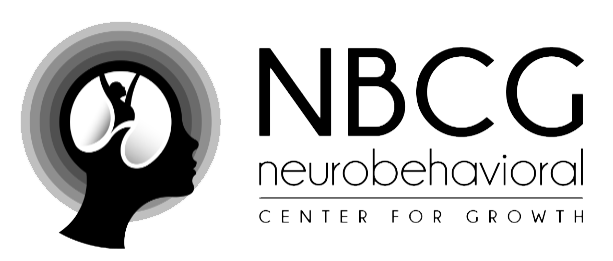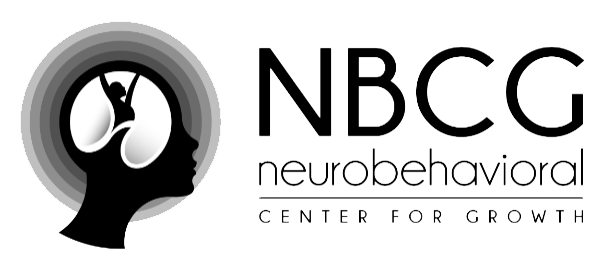
A New Path to Healing: Ketamine Therapy at NBCG
Experience ketamine therapy in a safe, intentional, and
guided environment — with a full team behind you.
What Is Ketamine Therapy?
Ketamine works differently than traditional antidepressants. Originally developed as an anesthetic, low-dose ketamine has been shown to:
Rapidly relieve symptoms of depression and suicidal thoughts
Improve symptoms of PTSD, anxiety, and OCD
Boost neuroplasticity—your brain’s ability to form new, healthy connections
We offer two evidence-based routes of administration, Intramuscular (IM) Ketamine and Intranasal Ketamine. Your provider will help determine which method best fits your needs.
How Ketamine Helps the Brain Heal
Ketamine triggers a neuroplastic window — a short period where your brain becomes more adaptable and responsive to change.
During this time, you can:
Shift deeply ingrained thought patterns
Process emotions with more clarity
Learn new coping strategies and self-compassion
Strengthen emotional regulation
Have questions first? Request a consultation
Our Neuroplasticity-Integrated Approach
Ketamine alone is powerful. But when paired with intention and therapeutic support, it becomes transformative.
We offer affordable, self-pay sessions starting at $200 per session.
Pre-Session Intention Setting: We help you set goals, explore emotions, and align your mindset
Supportive Ketamine Administration: In a safe, trauma-informed, and calming space
Post-Session Integration: We help you reflect, apply insights, and begin to rewire your emotional responses
Therapy + Mindfulness Support: Throughout your treatment series to maximize long-term impact
Who is Ketamine Therapy For?
You may benefit from ketamine treatment if you are:
Living with treatment-resistant depression
Experiencing suicidal thoughts or emotional numbness
Struggling with PTSD, OCD, or generalized anxiety
Curious about psychedelic-adjacent therapies in a safe clinical setting
Ready to try something different—with support at every step
The NBCG Difference
We don’t just give you the medicine—we walk the journey with you.
At NBCG, we’ve built a ketamine program that’s supported by interdisciplinary collaboration and intentional emotional care. You’ll have a full team ready to support you!
Affordable Access: At NeuroBCG, we work hard to keep our ketamine pricing as low as possible because we believe this treatment can be life-changing for many. Our goal is to improve access to care and make this important therapy more available to those who need it most.
Licensed therapists outside of treatment who support integration and emotional growth
Psychiatric providers who oversee your safety and progress
Medical assistants and providers who administer and monitor your ketamine sessions
Behind-the-scenes collaboration to ensure your care is connected, consistent, and personalized
We Accept Most Insurance
Our NBCG team offers Ketamine as a self-pay, cost-friendly option for those who do not qualify for insurance coverage for other similar treatments. We also offer Ketamine Assisted Pyschotherapy which is another option for those looking for Ketamine treatment and are also wanting to go through insurance.
Call to learn more about our Ketamine Assisted Pyschotherapy!
Book Your Free Consultation Today!
Skip the back-and-forth. If you’re ready to get help, you can schedule your first appointment directly with one of NBCG’s expert providers.
Not quite ready to book? No problem—if you’d prefer to speak with someone first or have a few questions before scheduling, we’re here to help. Just fill out the form at the bottom of this page.
Fill Out the Form to Learn More
One of our team members will reach out to talk through your options and answer any questions.
To schedule an appointment please call (801) 797-2163
Meet the Ketamine Team at NBCG
Our team is made up of compassionate and dedicated professionals who are experts in their fields. We are passionate about making a positive impact on the lives of our patients and empowering families through supportive, evidence-based treatment.
Office Locations Offering Ketamine Therapy
Downtown Salt Lake Clinic
370 E, South Temple
Suite 175, Salt Lake City
Bountiful Clinic
3415 S. Medical Dr.,
Suite A100, Bountiful
South Ogden Clinic
5926 S. Fashion Pointe Dr.
Suite 120, South Ogden





